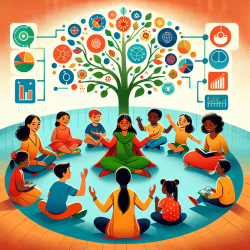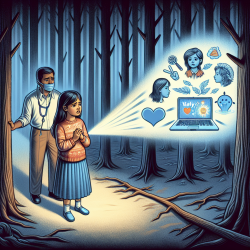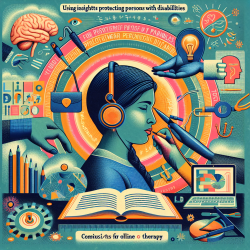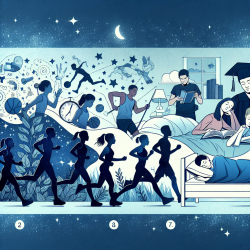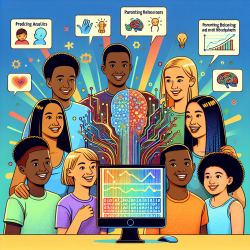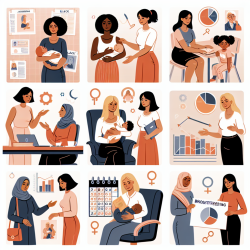Empowering Futures: Harnessing Story Circles to Bridge Gender Inequality
In the quest to create better outcomes for children, understanding the nuanced experiences of young women facing gender inequality is crucial. The research article "Understanding young women’s experiences of gender inequality in Lucknow, Uttar Pradesh through story circles" offers profound insights into the lives of young women in urban slums of Lucknow, India. This study utilized story circles, a narrative-based participatory method, to explore how gender norms influence young women's lives. The findings highlight critical areas for intervention and offer valuable lessons for practitioners seeking to improve their skills and foster empowerment among young women.
The Power of Story Circles
Story circles are a participatory research method that allows participants to share personal narratives in response to a prompt. This approach provides a safe space for young women to express their experiences and challenges related to gender inequality. The study conducted six story circle sessions with 50 young women aged 15-24, uncovering themes such as mobility restrictions, sexual harassment, limited educational opportunities, and the prioritization of marriage.
Key Findings and Implications for Practice
- Mobility Restrictions: Young women often face restrictions on their movements, dictated by family and community norms. Practitioners can advocate for programs that promote safe spaces and increased mobility for young women.
- Sexual Harassment: Harassment in public spaces remains a significant barrier to education and employment. Practitioners can work with schools and communities to implement anti-harassment initiatives and support systems.
- Educational Opportunities: Gender norms often limit young women's access to education. Practitioners can support initiatives that encourage families to prioritize education for girls and provide resources for continued learning.
- Marriage Prioritization: The cultural emphasis on marriage can overshadow educational and career aspirations. Practitioners can facilitate discussions that broaden perspectives on women's roles beyond marriage.
Encouraging Further Research
The insights gained from story circles are invaluable for practitioners aiming to create data-driven interventions. However, further research is needed to expand the understanding of gender inequality and its impact on young women. Practitioners are encouraged to explore narrative-based methods in their research to uncover deeper insights into the challenges faced by young women and to develop more effective strategies for empowerment.
To read the original research paper, please follow this link: Understanding young women’s experiences of gender inequality in Lucknow, Uttar Pradesh through story circles.
